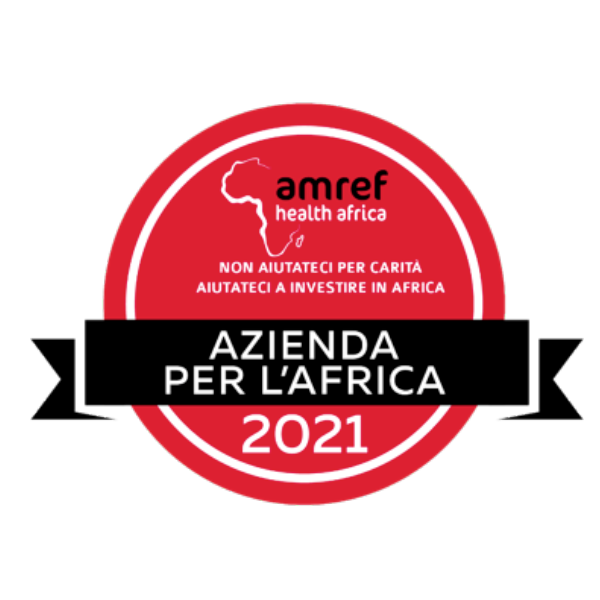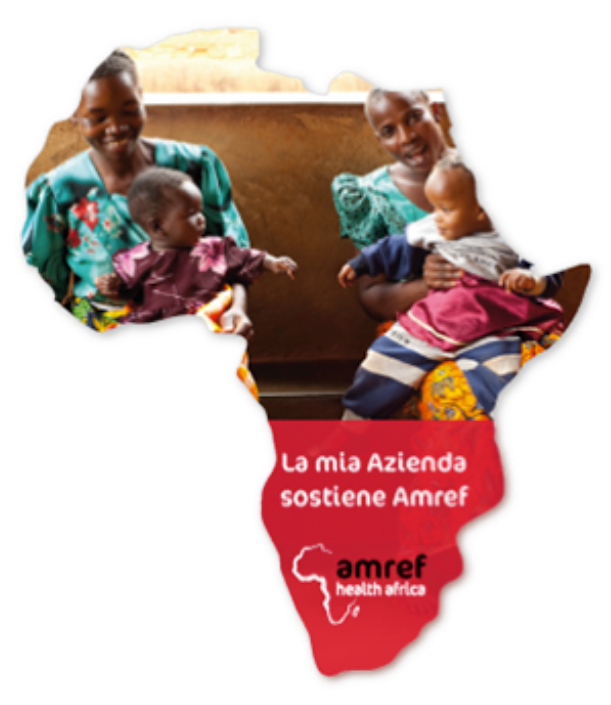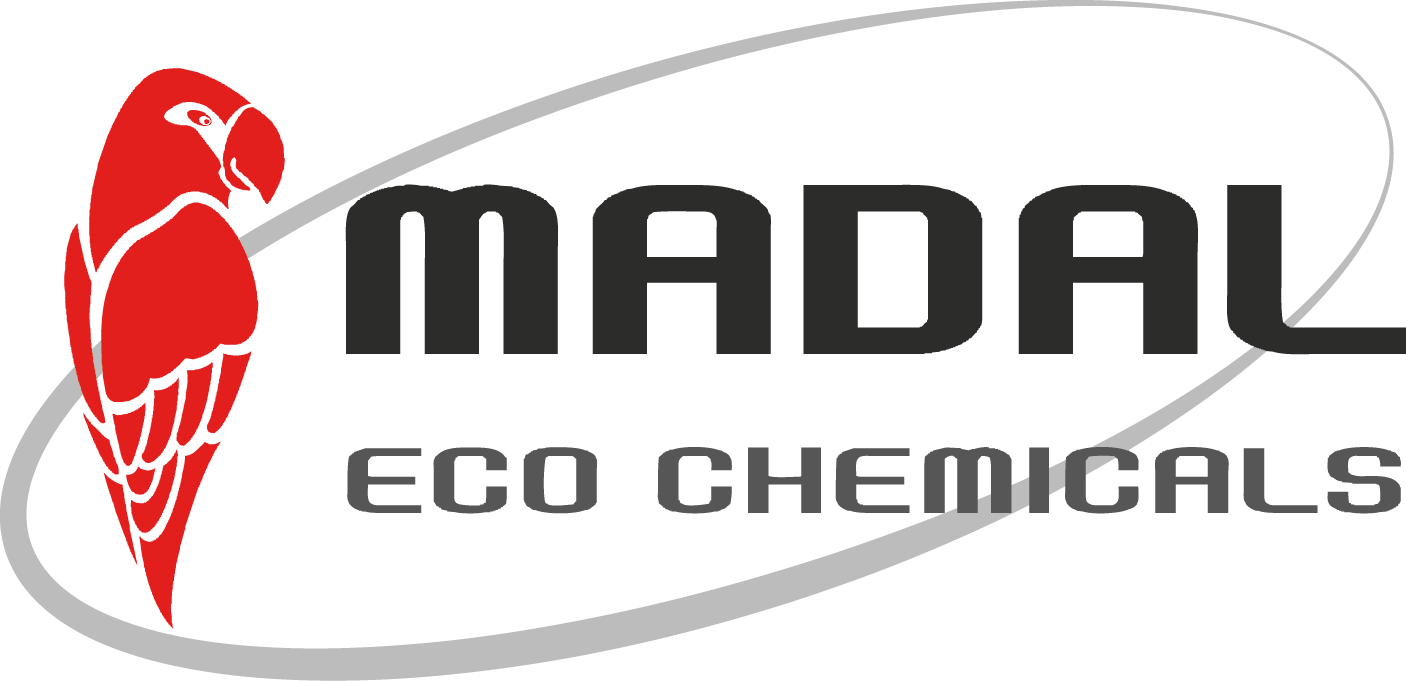

Madal’s commitment to young people and the right to health on the African continent.
.
The intervention is in fact aimed at the age group of adolescents which is essential for disease prevention, but often conditions of poverty, poor access to information, and the inadequacy of the training of many health professionals on services for adolescents, affects the knowledge and therefore the demand for health services. Amref Health Africa launched child protection interventions in Kenya in the year 2000 to respond to the exponential growth of street children in the “Dagoretti area”, suburban of Nairobi, which houses 17 slums that, at the time, saw the presence of about 11.500 street children (Amref baseline survey, 2001). To meet the needs of these children and young people, Amref has developed and implemented the basic community approach of child protection of the so-called «4 R», namely Recovery, Rehabilitation, Re-socialization and Reintegration, with the aim of improving the state of health and well-being of the children of Dagoretti.
Since 2020, Amref has also developed a new “Family-Community Centered” approach, with the aim of involving and strengthening families, communities and child protection networks by working and involving local authorities, civil society groups and community members, including children. This approach has shown that proactive measures taken at EU level play a crucial role in ensuring the safety of children and adolescents and has proven to be one of the most effective means. Given the growing need to implement sustainable interventions for families and children of Dagoretti, the project will focus on:
- Building the capacity needed by families and communities to respond to violence and child abuse;
- Strengthening families in their ability to provide psychosocial support, reconciliation and reintegration of children in need and protection;
- Promotion of income-generating activities for target households;
- Promotion of reproductive sexual health of adolescents involved in the project.


Madal’s commitment to young people and the right to health on the African continent.
The intervention is in fact aimed at the age group of adolescents which is essential for disease prevention, but often conditions of poverty, poor access to information, and the inadequacy of the training of many health professionals on services for adolescents, affects the knowledge and therefore the demand for health services. Amref Health Africa launched child protection interventions in Kenya in the year 2000 to respond to the exponential growth of street children in the “Dagoretti area”, suburban of Nairobi, which houses 17 slums that, at the time, saw the presence of about 11.500 street children (Amref baseline survey, 2001). To meet the needs of these children and young people, Amref has developed and implemented the basic community approach of child protection of the so-called «4 R», namely Recovery, Rehabilitation, Re-socialization and Reintegration, with the aim of improving the state of health and well-being of the children of Dagoretti.
Since 2020, Amref has also developed a new “Family-Community Centered” approach, with the aim of involving and strengthening families, communities and child protection networks by working and involving local authorities, civil society groups and community members, including children. This approach has shown that proactive measures taken at EU level play a crucial role in ensuring the safety of children and adolescents and has proven to be one of the most effective means. Given the growing need to implement sustainable interventions for families and children of Dagoretti, the project will focus on:
- Building the capacity needed by families and communities to respond to violence and child abuse;
- Strengthening families in their ability to provide psychosocial support, reconciliation and reintegration of children in need and protection;
- Promotion of income-generating activities for target households;
- Promotion of reproductive sexual health of adolescents involved in the project.
